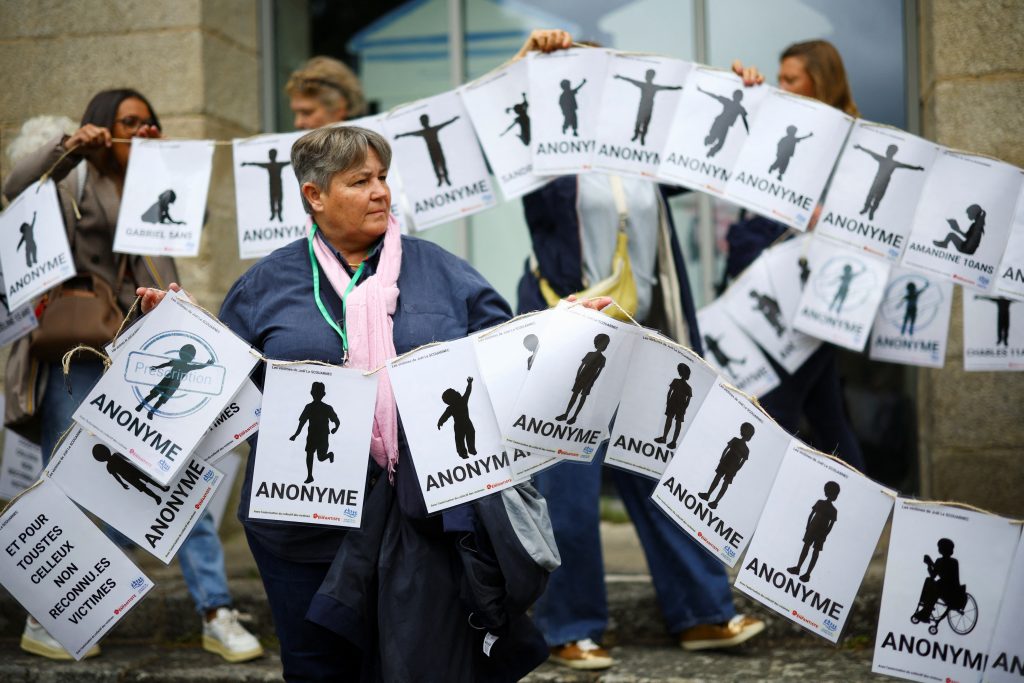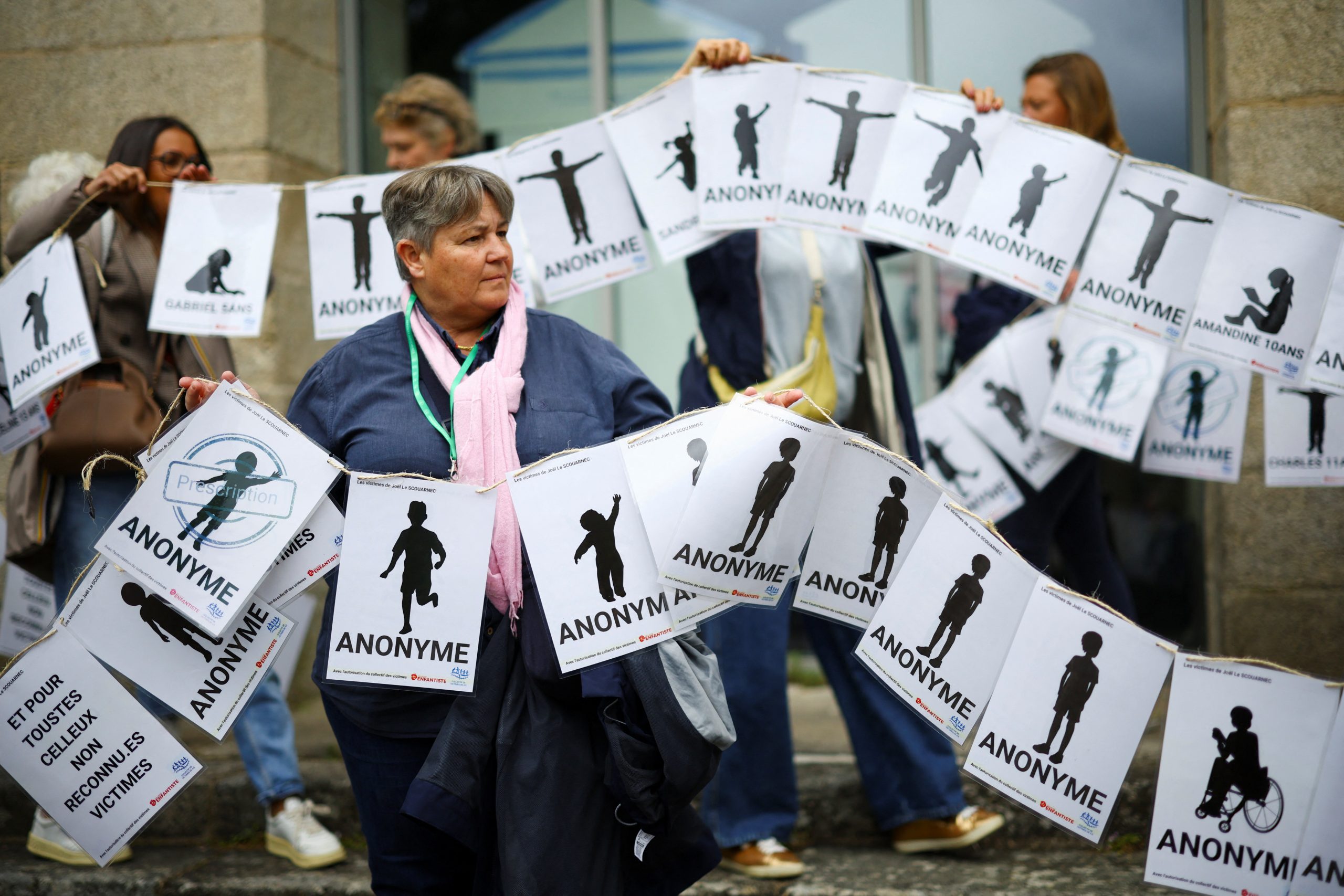French surgeon Joël Le Scouarnec has been sentenced to 20 years in prison after admitting to the sexual abuse of nearly 300 children. The historic trial reveals deep systemic failures in France’s healthcare and justice systems.

In a historic and harrowing conclusion to France’s biggest child abuse trial, former surgeon Joël Le Scouarnec has been sentenced to 20 years in prison for raping and sexually assaulting 299 patients, most of them under the age of 15, across a 25-year career in public hospitals.
The ruling by presiding judge Aude Buresi marks the maximum sentence allowed for aggravated rape under French law, where, unlike in the United States, sentences are not accumulated for each count.
A Predator Shielded by the System
Le Scouarnec, now 74, admitted in court to decades of sexual abuse, often targeting children under anesthesia or recovering from surgery. Wearing a black jacket, he listened to the verdict without reaction, as cries of “shame on the justice system” echoed from victims watching via livestream.
Though sentenced to the full 20 years, he will be eligible for parole after serving two-thirds of his sentence. The court rejected a rare request from prosecutors to commit him to a treatment center after release, citing his age and so-called “desire to make amends.”
Victims and advocates condemned the decision as deeply insufficient, calling it another failure in a long chain of institutional neglect.
Victims, Forgotten and Ignored
As the sentence was handed down, survivors gathered outside the courthouse, holding signs that read “Never Again” and “I Accuse You.” Some signs represented the 355 victims—including what survivors called the “forgotten victims” whose cases were dismissed or never heard.
Manon Lemoine, raped at age 11, said through tears: “What a disappointment! This verdict is a humiliation.” Others, like Amélie Lévêque, shared similar feelings of betrayal. Survivors embraced each other outside the court, their long fight for justice ending with anger and grief.
A Nation’s Health System on Trial
Le Scouarnec’s case has revealed astonishing failures in France’s medical oversight. Despite a 2005 conviction for possessing child sexual abuse material, he was never banned from practicing medicine, nor subjected to therapy. Hospitals were not notified of his criminal record.
In his journals, Le Scouarnec described himself as a “major pervert” and a “paedophile,” adding, “And I am very happy about it.” He kept detailed records of his victims—names, ages, addresses, and methods of abuse—yet was allowed to continue working until 2017.
One psychiatrist who tried to raise the alarm called the case a “medical fiasco.” Others, including hospital administrators, admitted hiring him despite knowing of his conviction, citing staff shortages.
Apologies Ring Hollow
Le Scouarnec told the court, “I am not asking for leniency—just the right to become a better person.” But his apologies appeared rehearsed and mechanical, leaving many victims unconvinced of his remorse.
Lawyer Thomas Delaby, representing several survivors, called him the “worst mass paedophile who ever lived,” describing Le Scouarnec as an “atomic bomb of paedophilia.”
The surgeon also admitted responsibility for the deaths of two of his victims—Mathis Vinet, who died by overdose in 2021 in what his family described as suicide, and another man who died in 2020.
Political Silence and Public Outrage
Despite the scale of the crimes, the Le Scouarnec case has not dominated national discourse in the way some other abuse cases have. Victims’ groups say they are “appalled” at the lack of political urgency, and that President Emmanuel Macron’s government has yet to launch a national policy to prevent paedophilia in healthcare.
Céline Mahuteau, another survivor, sent a direct appeal to Macron, urging France to address its systemic gaps in child protection.
A Fight They Never Chose
Despite the outcome, some survivors found strength in solidarity. Gabriel Trouvé, one of the abused, said: “We can be proud of this fight we didn’t choose but have taken on nonetheless.”
French Health Minister Yannick Neuder has pledged to work with Justice Minister Gérald Darmanin to prevent such failures from ever happening again. Whether that promise leads to real change remains to be seen.







Comments are closed.